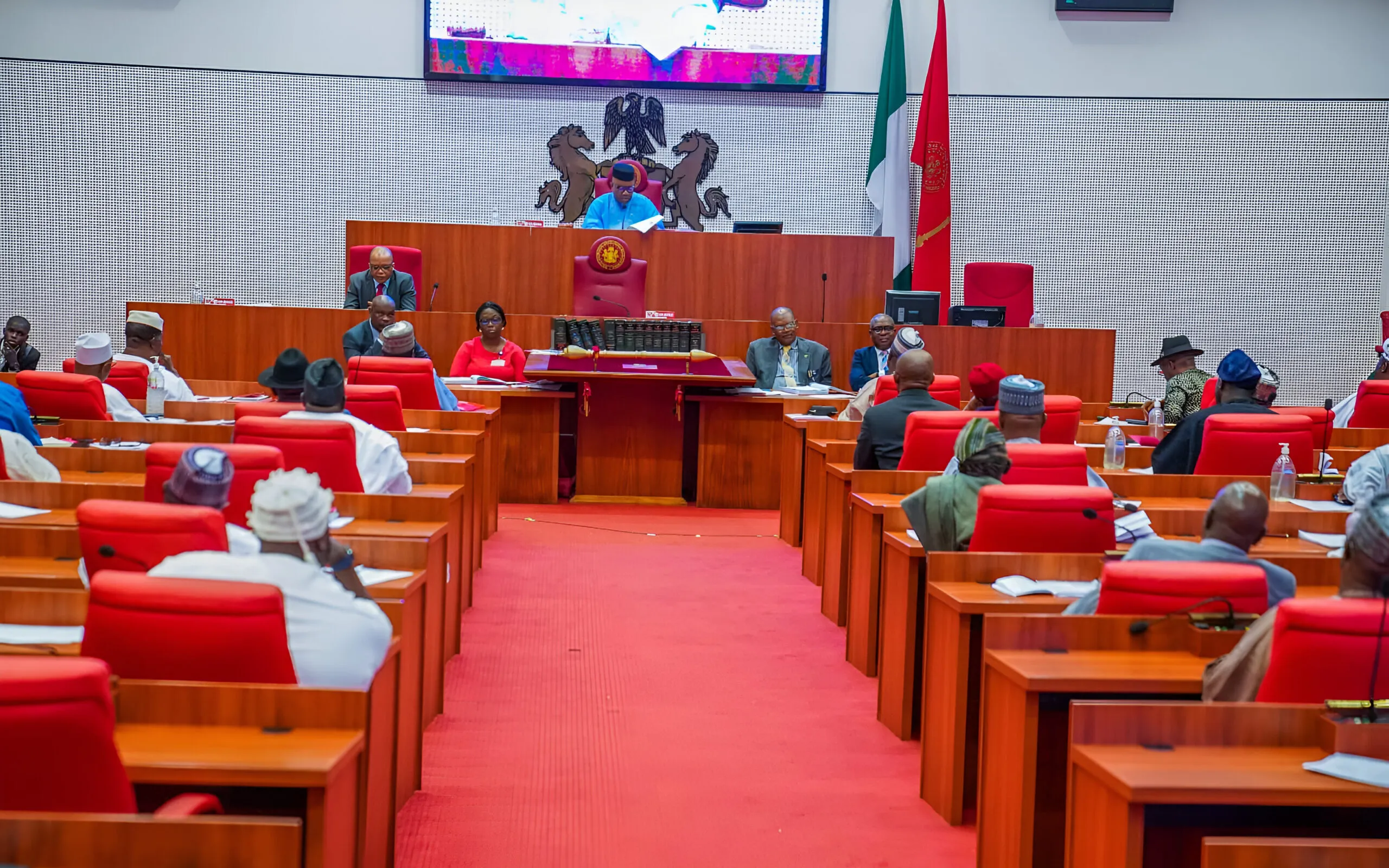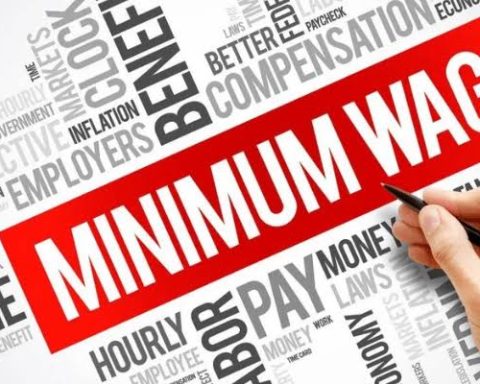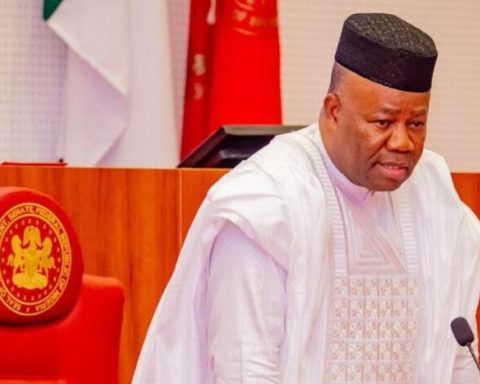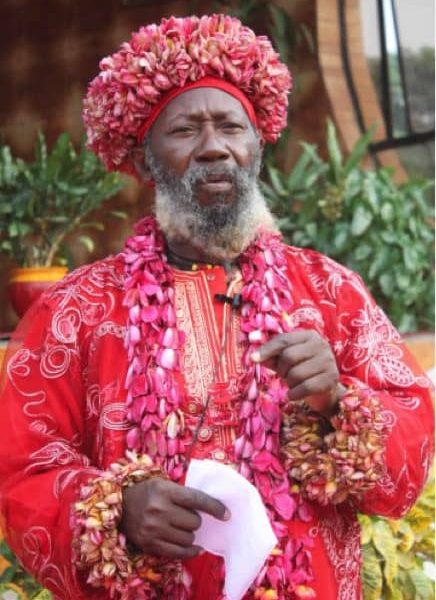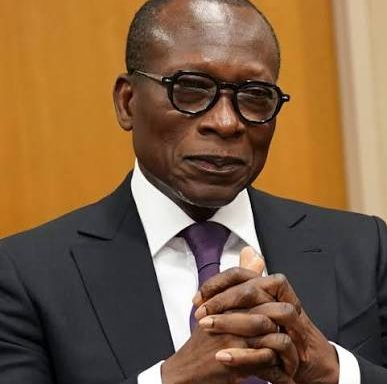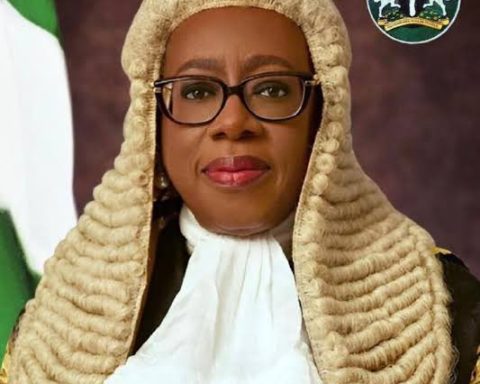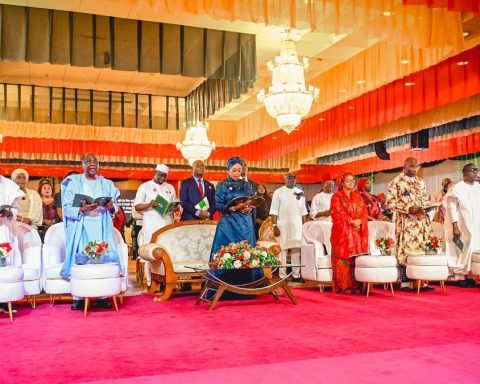Minimum wage negotiations in Nigeria often bring forth the age-old argument: if workers are expected to survive on a certain income, shouldn’t politicians also face the same reality? It’s a compelling notion, one that has historical precedence and resonates deeply with the masses. But would putting politicians on a minimum wage truly make a difference in Nigeria’s governance?
The Nigeria Labour Congress (NLC) started their negotiation with an audacious demand of N615,000, eventually revising it down to N250,000, while the Federal Government countered with N62,000.
Join our WhatsApp ChannelThe argument from the NLC, comparing their demands with politicians’ salaries, seems logical at first glance. After all, shouldn’t those who make laws and decisions for the country experience the same financial constraints as the citizens they represent?
Advocates for this proposal argue that it would bridge the gap between politicians and the populace, fostering empathy and understanding among leaders. They point to historical examples, like the unpaid lawmakers in Britain before the 20th century, suggesting that politics should be about service rather than financial gain.
READ ALSO: Will Minimum Wage Increase Do More Harm Than Good?
Moreover, some suggest a correlation between higher political salaries and better governance, citing countries like Singapore where leaders earn significantly more than their counterparts in other nations. However, correlation does not imply causation, and Nigeria stands as a stark example of how higher salaries do not necessarily translate to better leadership.
In Nigeria, the political environment is marred by corruption and incompetence, regardless of the hefty salaries politicians receive. Despite earning as much as their counterparts in the United States, Nigerian lawmakers often fail to deliver meaningful debates or legislation. The elitism supposed to justify their pay is absent, and allegations of corruption are rampant.
But would reducing politicians’ salaries to minimum wage solve these issues? The answer, unfortunately, is no. Nigeria’s political culture, characterised by patronage and impunity, would not be altered by lower salaries. Corruption thrives not only due to financial incentives but also because of systemic flaws and a lack of accountability.
Furthermore, the argument that a minimum wage for politicians would deter corruption overlooks the societal pressures and expectations that drive such behavior. Nigerian politicians, whether wealthy or not, are often besieged by demands for financial assistance, leading them to seek illicit means to sustain their lifestyles.
Paying politicians minimum wage may seem like a symbolic gesture, but it fails to address the root causes of Nigeria’s governance challenges. Instead, it risks exacerbating the situation by attracting individuals motivated solely by personal gain rather than public service.
In the ongoing wage negotiation saga, the proposal to put politicians on minimum wage serves as a reminder of the disconnect between leaders and the led. While it may never become a reality, it prompts necessary conversations about accountability and responsibility in governance.
Ultimately, Nigeria’s governance woes cannot be solved by simply adjusting politicians’ salaries. True reform requires systemic changes, including enhanced transparency, stronger institutions, and a shift toward meritocracy. Until then, the idea of minimum wage for politicians remains a provocative but ultimately inadequate solution to Nigeria’s governance problems.
Emmanuel Ochayi is a journalist. He is a graduate of the University of Lagos, School of first choice and the nations pride. Emmanuel is keen on exploring writing angles in different areas, including Business, climate change, politics, Education, and others.


